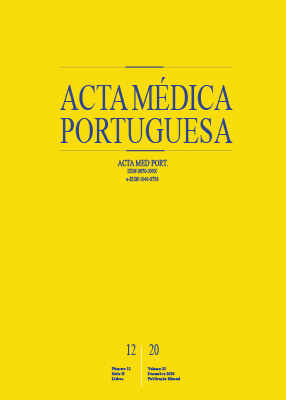A New Paradigm in Health Research: FAIR Data (Findable, Accessible, Interoperable, Reusable)
DOI:
https://doi.org/10.20344/amp.12910Keywords:
Databases, Factual, Health Information Management, Health Information Systems, Information Dissemination, Metadata, ResearchAbstract
The digital era, that we are living nowadays, is transforming health, health care models and services, and the role of society in this new reality. We currently have a large amount of stored health data, including clinical, biometric, and scientific research data. Nonetheless, its potential is not being fully exploited. It is essential to foster the sharing and reuse of this data not only in research but also towards the development of health technologies in order to improve health care efficiency, as well as products, services or digital health apps, to promote preventive and individualized medicine and to empower citizens in health literacy and self-management. In this sense, the FAIR concept has emerged, which implies that health data is findable, accessible, shared and reusable, facilitating interoperability between systems, ensuring the protection of personal and sensitive data. In this paper we review the FAIR concept, ‘FAIRification’ process, FAIR data versus open access data, ethical issues and the general data protection regulation, and digital health and citizen science.
Downloads
Downloads
Published
How to Cite
Issue
Section
License
All the articles published in the AMP are open access and comply with the requirements of funding agencies or academic institutions. The AMP is governed by the terms of the Creative Commons ‘Attribution – Non-Commercial Use - (CC-BY-NC)’ license, regarding the use by third parties.
It is the author’s responsibility to obtain approval for the reproduction of figures, tables, etc. from other publications.
Upon acceptance of an article for publication, the authors will be asked to complete the ICMJE “Copyright Liability and Copyright Sharing Statement “(http://www.actamedicaportuguesa.com/info/AMP-NormasPublicacao.pdf) and the “Declaration of Potential Conflicts of Interest” (http:// www.icmje.org/conflicts-of-interest). An e-mail will be sent to the corresponding author to acknowledge receipt of the manuscript.
After publication, the authors are authorised to make their articles available in repositories of their institutions of origin, as long as they always mention where they were published and according to the Creative Commons license.









